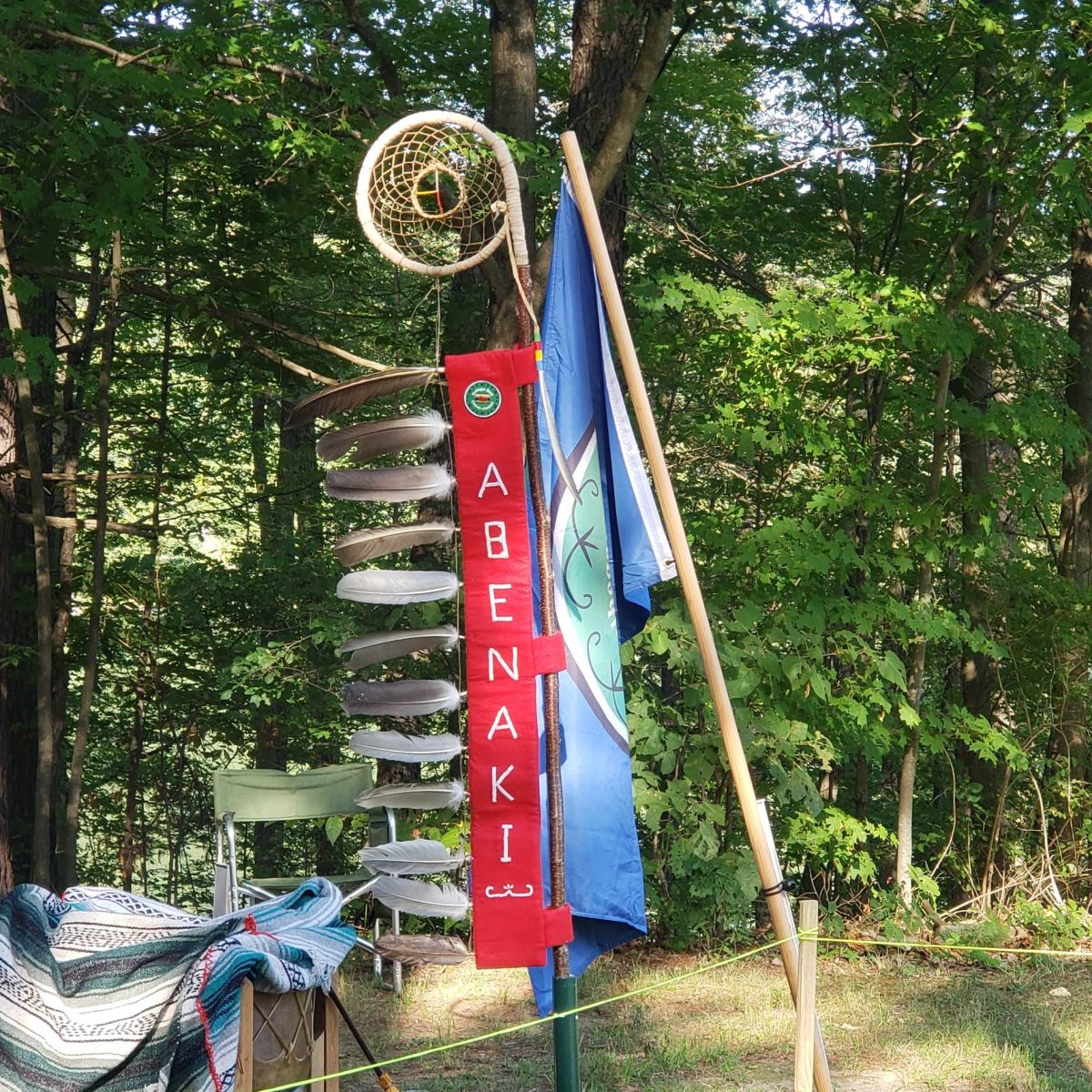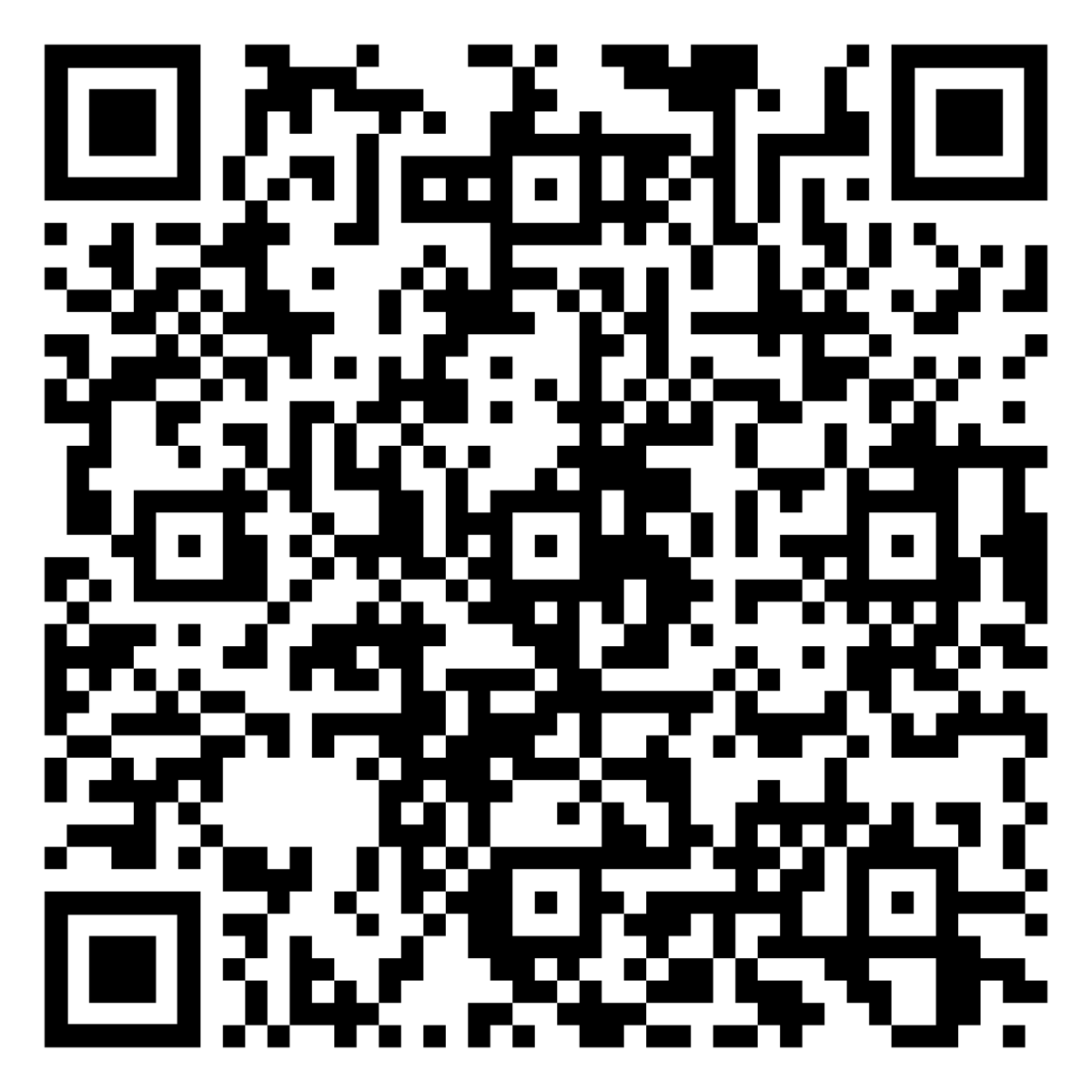The 2023 annual Abenaki Gathering was hosted by the Nulhegan-Coosuk band Aug. 23-27. It was held at the Mt. Norris Scout Reservation — a campground situated by Lake Eden, off of Route 100.
For the longest time, Abenaki people in Vermont have been left in a terrifying spot. In the 1930s, a massive eugenics movement started, leading to the forced sterilization of many people, including us Abenaki. We were forced to assimilate or be unable to reproduce. I know people whose families were forced to change their names to avoid being targeted. Much of our traditions and practices were almost wiped out in Vermont.
However, I can safely say that has changed. With massive efforts of preservation and relearning traditions, we are doing our part to reconnect to what was stolen from us. This is why the Gathering is so important to us. The annual event celebrates the Abenaki and our culture and traditions, and is open to the public.
My mother and I were there on the final day of the Gathering. It was our first time ever. Despite being native, I had not grown up with the practices of my people or with knowledge that I was even Abenaki to begin with. Neither had my mom. This was my first time coming to a Gathering. I was nervous and felt out of place at first. I felt like I was taking up space from others who deserved to be there. However, nobody judged me or dismissed me and soon enough, I started speaking to a few people.
There were activities including leatherworking, storytelling, crafting, drumming and singing — all of which I did. We even got to eat lunch as well. A couple people had booths to sell their goods. I eagerly absorbed all of the knowledge that I could.
Later on, my grandmother arrived and she got to hear the story of the Cornhusk doll as we learned how to make them. We had a great time, and I felt like I belonged — like a part of me that had been missing was being rediscovered.
My mom’s side of my family have long considered themselves French Canadian, emigrating from Canada in the early 20th century. Despite us being forced to distance ourselves from our native roots, we still maintained many of the traditions. Sugaring is an Abenaki practice, so is farming corn and squash. Preparing foods like cornbread was also common in my family growing up.
My family spoke French, but my great-great grandmother spoke Abenaki. I learned about all this from my family who are involved in preservation efforts. Despite how my immediate family never called these family activities Abenaki traditions, we were keeping something alive within us.
I thought to myself, “I may not have known about my people before, but if we kept some traditions alive, then I can continue to learn more and continue to keep the traditions alive.
Hearing the stories of fellow Abenaki people also eased my anxieties. The woman who taught us how to make cornhusk dolls told us how her grandfather had to change his name to protect his family from persecution. She talked about how she too had not grown up in the culture, but she is learning her history and is reconnecting. She makes beautifully crafted baskets from Ash trees and sweet grass. Hearing her story inspires me to keep learning, to continue to be engaged in my learning and to serve my community.
My mother got really quiet throughout a lot of the stories people told. I asked her if she was okay. She said that she felt like there was a part that was missing, and being confronted with that made her realize just how much was lost to her. She was mourning what she hadn’t even realized she lost. So much loss for my family and many families, yes — our ties to our history, our language, our community. But I am not going to let my language die and my people be forgotten by those who want to forget us.
It is important to host these gatherings, so that people can learn about us, so that they know who we are and that we exist. So many Vermonters don’t know about the eugenics movement that sterilized thousands of people, not just natives, within our very state. It is so vital for people to remember our history, even the gruesome parts, so that we may not repeat it.
And while tears were shed, we still laughed, we still ate together and talked. We got to learn more about our culture, and we were happy to do so. Even though we grieve what has been lost, we celebrate what we still have. We are alive and we are proud, and that is something nobody can take away from us.




